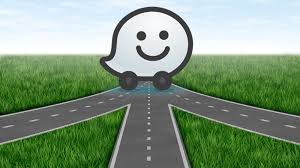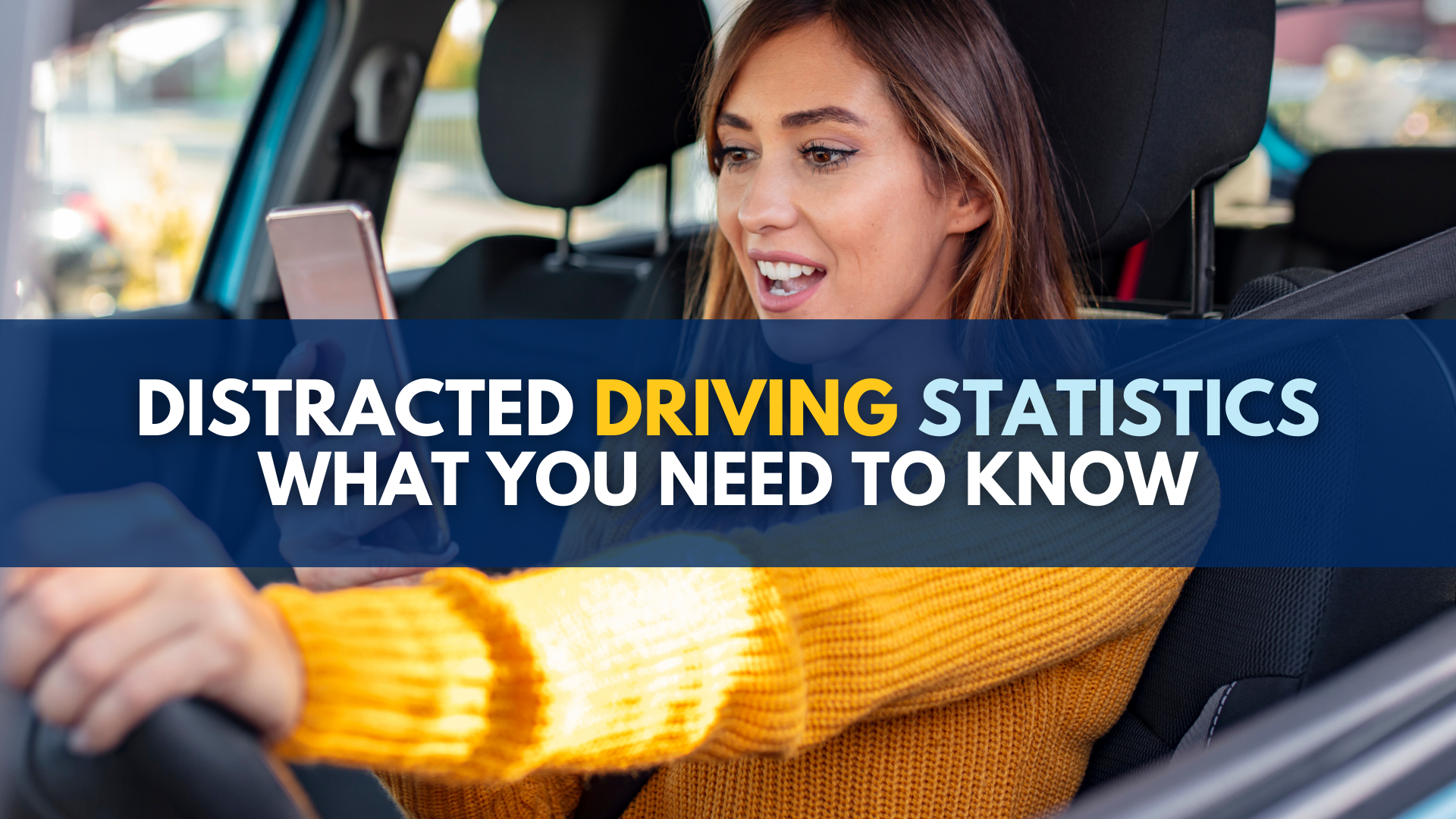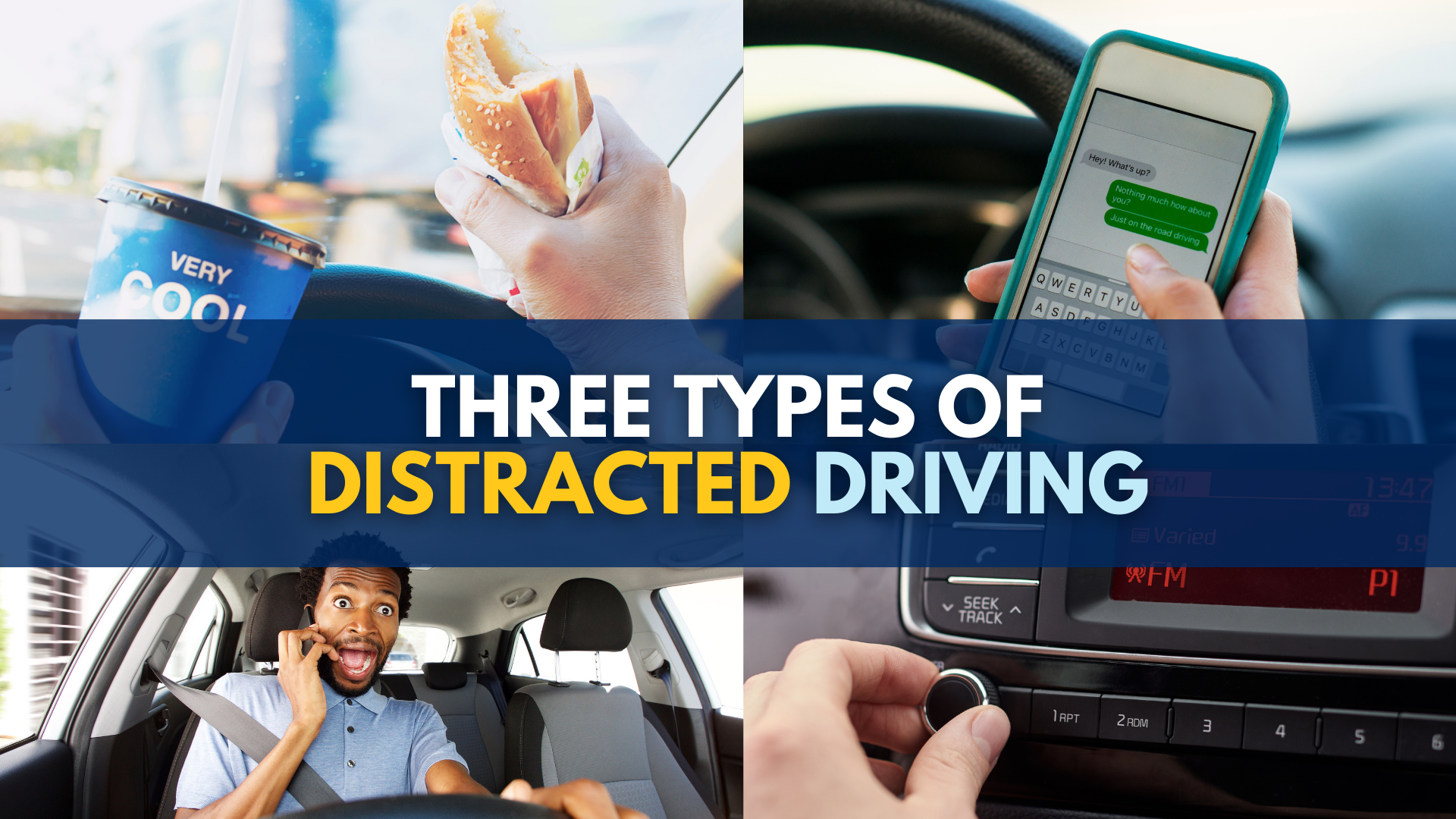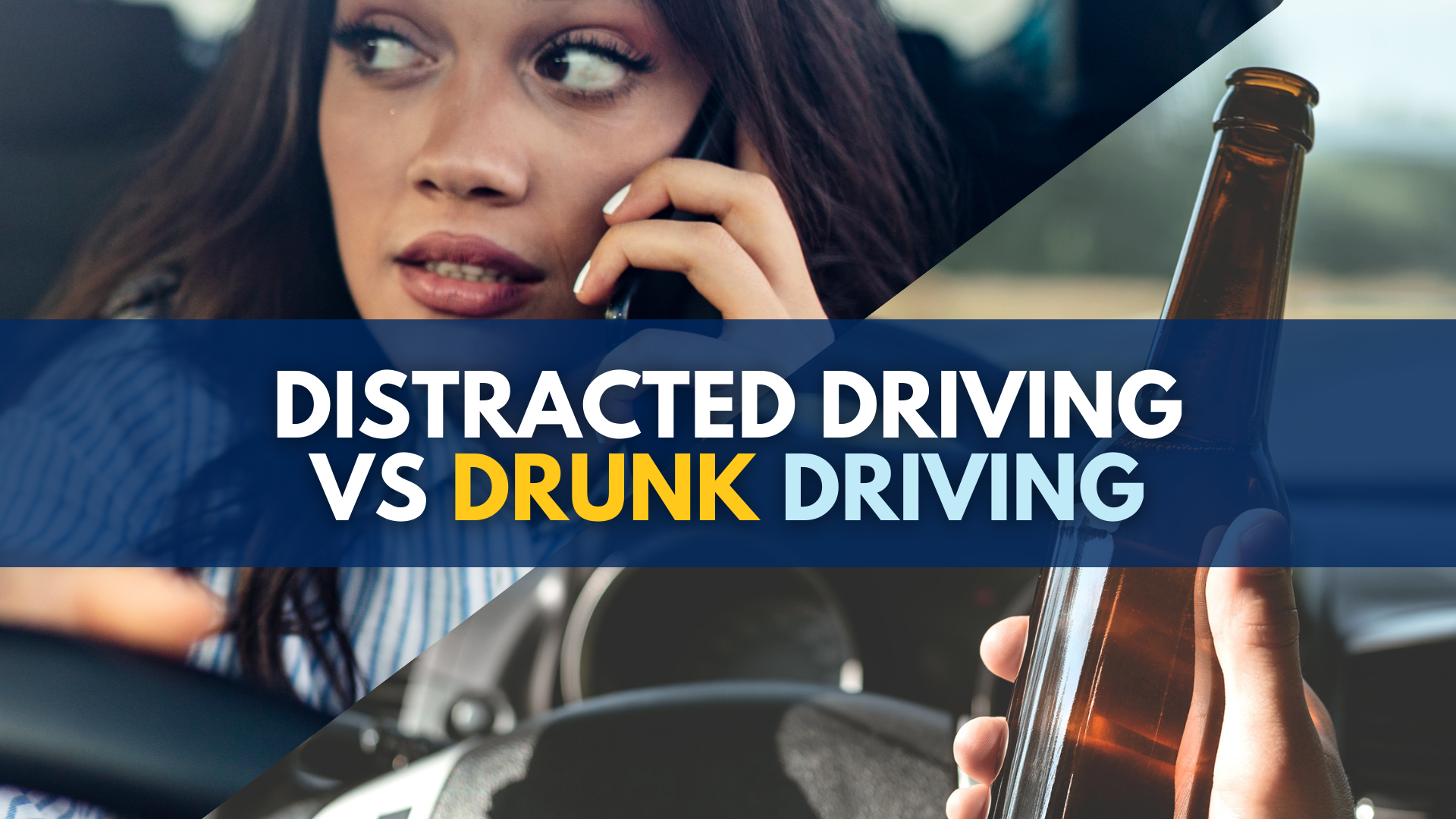While Waze is great with navigation, the app also poses serious public safety concerns, like enabling speeders and distracted driving

Waze is a really good traffic app. I use it, especially when I’m in a pinch during construction traffic (where is there not construction traffic these days?) and need to find an alternate route fast.
But I’ve noticed some things about Waze that, as an auto accident attorney, also causes me to have some concerns with what the app allows other drivers to do on the road. And while I might like it for me, I’m not so sure I like it for everyone else. It causes me to wonder if, as more drivers turn to using Waze, the traffic app doesn’t make all of us a little more unsafe on the roads.
Waze touts itself as the world’s largest traffic and navigation app. You can join other drivers in your area who share real-time traffic and road information, with the objective of saving time and gas money on daily commutes. It’s effective as far as warning about road debris and construction back-ups and delays. And it seems to be more comprehensive in some out-of-the-way places than other competitors I’ve tried out when I need to get somewhere that’s more remote.
My biggest concern is the “ring ring” of police cars, which like radar detectors, enable speeding. The comparison to radar detectors is probably very apt. Does warning people who are intent on speeding enable them to drive faster than they would otherwise? Certainly, it does.
Everyone thinks they’re a safe driver. Everyone thinks they can speed and still be safe and not unreasonably endanger others on the road when they go faster and faster.
But what about the other guy? And as more and more people use Waze and similar apps that warn about police, when does this make us all more unsafe on the roads? As I’ve told Fox 2 News in a story about whether Michigan should raise its speed limits, it’s worth reminding people that speed kills:
The largest studies to date, presented by the Insurance Institute for Highway Safety, found an exponential increase in risk of a car driver being killed in a crash as the automobile increases in speed.
That’s not my personal opinion. That’s the laws of physics.
And speeding aside, Waze clearly encourages distracted driving.
While driving, the Waze app will ask you to “like” the app. That’s a really bad idea.
Waze also asks you to tap the appropriate icon button on your cell phone – when driving. For example, the app asks you to tap, to identify a hidden police car for other drivers. Same with hidden traffic cameras.
This goes beyond the saying about eyes on the road.
Studies show this is clearly (and incredibly) dangerous. Consider the statistics:
- Text messaging made the risk of crash or near-crash event 23.2 times as high as non-distracted driving.” (Virginia Tech Transportation Institute)
- 3,154 people were killed in motor vehicle crashes involving distracted drivers in 2013. (distraction.gov)
- Five seconds is the average time your eyes are off the road while texting. When traveling at 55 mph, that’s enough time to cover the length of a football field blindfolded. (Virginia Tech Transportation Institute)
As an auto attorney, there may come a day when a person kills someone and I’m representing the surviving family, and if I find out the reason they weren’t looking at the road and plowed into a stopped vehicle is because they received a message from Waze to “like” the app when they were driving. I’m probably going to strongly consider adding Waze as a party-defendant to that accident lawsuit.
Waze may need to make some safety updates to its app.


